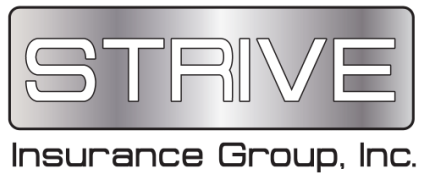|
Not only is the Life Sciences Industry one of the fastest expanding in the United States, but it is also one of the most vital from a societal standpoint. Biotech work frequently results in significant and inventive discoveries that introduce new procedures and products to the medical and agricultural industries and have a considerable impact on many of the most vital spheres of our lives, most notably our health.
Potential equipment failures, spoilage risks, staff, and public health hazards, supply shortages, and the probability of having to recall products that do not work as intended are just a few of the significant risks that all biotech companies must carefully consider when developing a risk management program that will provide them with the protection they require to remain on the cutting edge of technology and science while continuing down their chosen path of innovation. Why Is Insurance Important? As your biotech company grows and requires additional capital, it is critical to guarantee that daily operations continue to run smoothly and legally. The availability of your goods to the general public dramatically raises your risk, and this risk becomes even more severe as your business grows. Additionally, insurance for biotechnology companies enables you to interact efficiently with the FDA and other regulatory agencies. Key Coverage
Why is it important for biotech and life science companies to have insurance? Businesses in the life sciences and biotechnology industries use costly equipment and materials, which exposes you to dangers such as:
A Business Owner's Policy can help biotech companies and other businesses in the life sciences industry (BOP). This policy combines three types of company insurance into one simple package:
When it comes to protecting your financial assets like your home or auto, you can't trust just anyone with your investment. Finding a trustworthy and trained insurance agent/broker could mean the difference between having enough coverage for your property following a catastrophic loss and being stuck with a large repair bill. An insurance agent/broker is a specialist who works on behalf of clients to find the best policy or insurance provider for their needs.
Consider the overall fit not just the price, as price can be deceptive. Be careful of someone who sells on low cost, generally it means poor coverage. The same method you used to choose a doctor or dentist can be applied to choose an insurance broker. You want someone with a pleasant "bedside manner," as it were. Understand the differences in agents Direct Writers vs. Independent Agents: There are two ways to obtain insurance coverage from a company. Direct writers are insurance companies that hire their own salespeople to write exclusively for them; they work for the company that employs them. Independent agents work for the insured rather than the insurance company. They do, however, have contracts with multiple insurance companies and can usually provide you with more options. Signs It Is Time To Find A New Agent
Testimonials: Yelp, LinkedIn, Facebook, and other social media platforms can help you determine whether or not a business provides good service. These websites can be useful, but meeting with an agent or broker in person is one of the greatest methods to determine whether or not they will take good care of you. Personal Recommendations: Consult with your coworkers, people you trust, and your circle of friends. Asking a complete stranger is preferable to relying on advertisements or the yellow pages. People are more likely to refer others with whom they have had a good encounter. Ask Questions Consider this like an interview, where you are selecting a person and agency to represent you.
|
Archives
June 2024
Categories
All
|




 RSS Feed
RSS Feed
1/31/2022
0 Comments